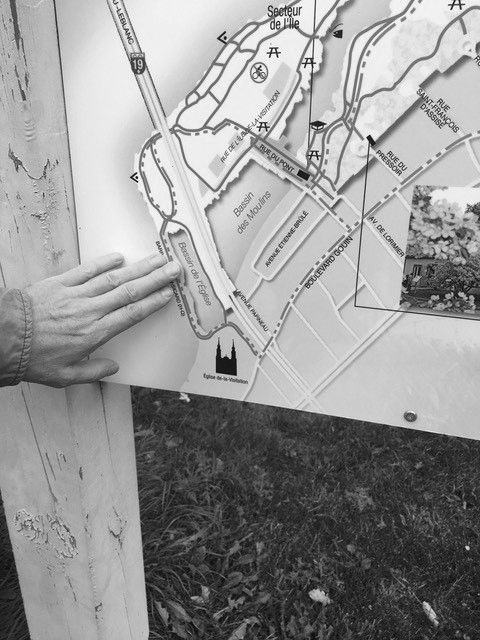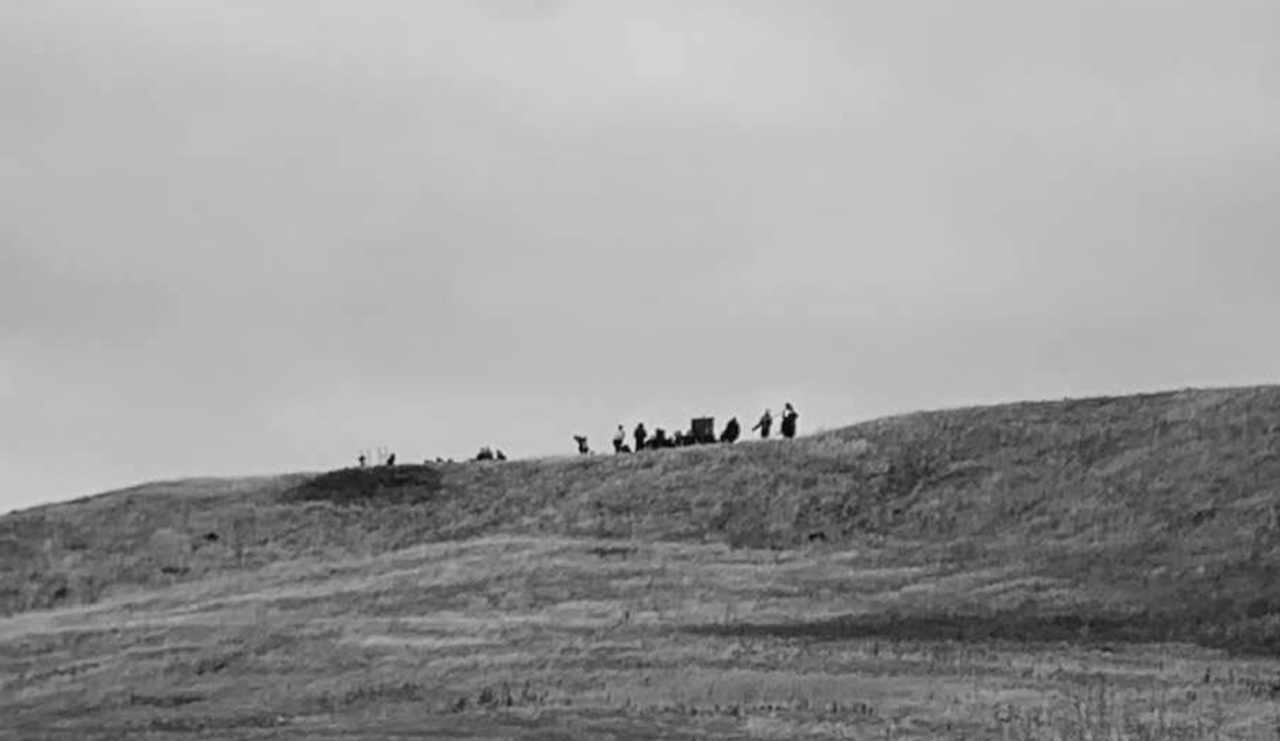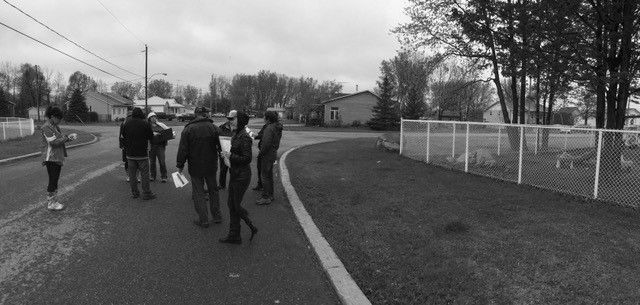Louise Bédard - Location Director
Publié le June 15, 2022
.png)
What is your job? How would you describe your work?
I have been a location manager since 1998 and I’ve been working in the locations department for 30 years. It’s a fascinating job and more complex than it seems. It includes everything from scouting for filming sites to organizing logistics, coordinating requests from the various departments and handling negotiations between the production company and the site owners, municipalities, governments, etc.
And then there’s an ethical dimension, as we have to make sure we respect the limits stipulated by the agreements we have signed. It takes diplomacy, rigour and listening skills. The nature of our job is to represent the producer, director and crew on the one hand, and the people who rent us their space on the other. We want to make sure the shoot is a positive experience for them. You have to be a mediator. It takes some tact!

What part of the job do you like the most?
The job has four main stages: scouting, negotiating and logistics, presence on the set, and restoring the site to its original state. It’s fun to go from one task to the next. It’s never boring!
But one of the most gratifying parts of the job is when you find that rare gem, “the” location that’s just right for the script.
What was your favourite project?
There have been many projects I enjoyed working on. Often it was because of the teamwork. I’m quite sensitive to the quality of the script and I like working with directors with whom I feel an artistic affinity. Léa Pool is one example. I really enjoyed working on La passion d’Augustine and I was very happy with the aesthetic quality of the locations we found for that period film.

Is there an anecdote about your work that comes to mind?
Once I was looking for a location for the kind of coffee shop where men go to smoke hookah. The scene was set in Tunisia but the production didn’t have the budget to go there. I found a place in Ville St-Laurent, in a walk-down with dirty powder-blue walls.
It had barebones Middle-Eastern-style decor and a dozen tables with large hookahs. There were a few men smoking. It didn’t look like Montreal at all. It seemed perfect for the scene!
I took a few photos and then I went out to the sidewalk with the owner, who said to me in a low voice, “You know, it’s the first time I’ve let a woman come in here! But you work in the movies, it’s not the same.” He smiled and gave me a knowing look.
It’s exciting to go on an adventure in your own city, discover unsuspected places and meet people from all walks of life.

How do you see the future of the profession?
We’re at a crossroads. The film industry is booming in and around Montreal. If we want that to continue, there’s a lot we have to do to protect our locations and our profession.
If we want to have a bright future, we have to mobilize, pass on our knowledge to the next generation, negotiate with our superiors to get the means to do the job right—the time, the assistants— and work with the crew to protect our locations.
I see more and more of this happening in our department. It’s very positive and we have to keep it up.
For my part, I’m close to retirement. I take on a contract occasionally, I train the next generation, and I advocate for recognition of our important work.
What would you say is the Quebec audiovisual industry’s greatest strength?
Resourcefulness and ingenuity!
